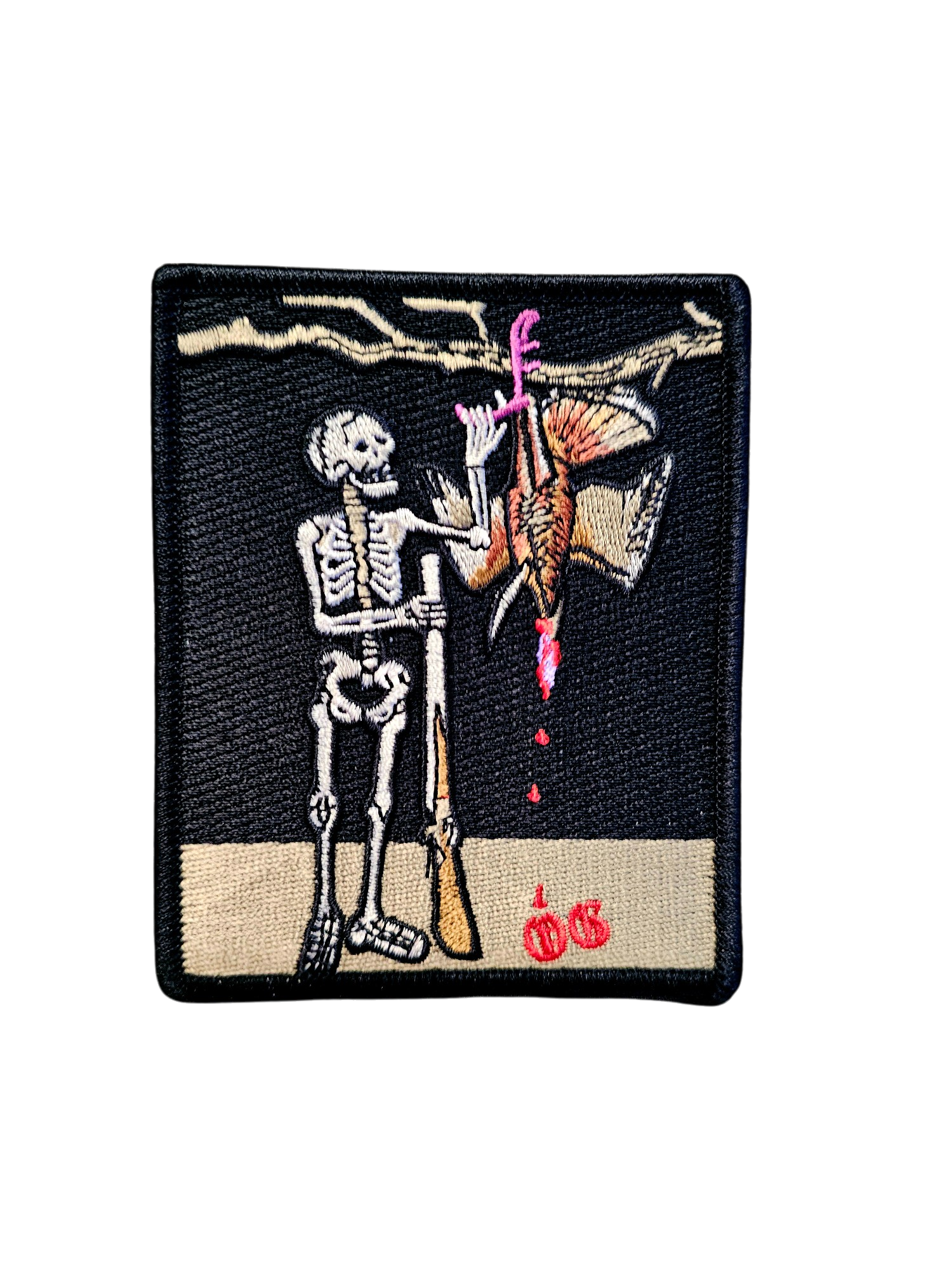        |
Do You Usually Roost Them?Started by BDeal, March 31, 2016, 09:59:48 AM Previous topic - Next topic
User actions
|
        |
Do You Usually Roost Them?Started by BDeal, March 31, 2016, 09:59:48 AM Previous topic - Next topic
User actions
|